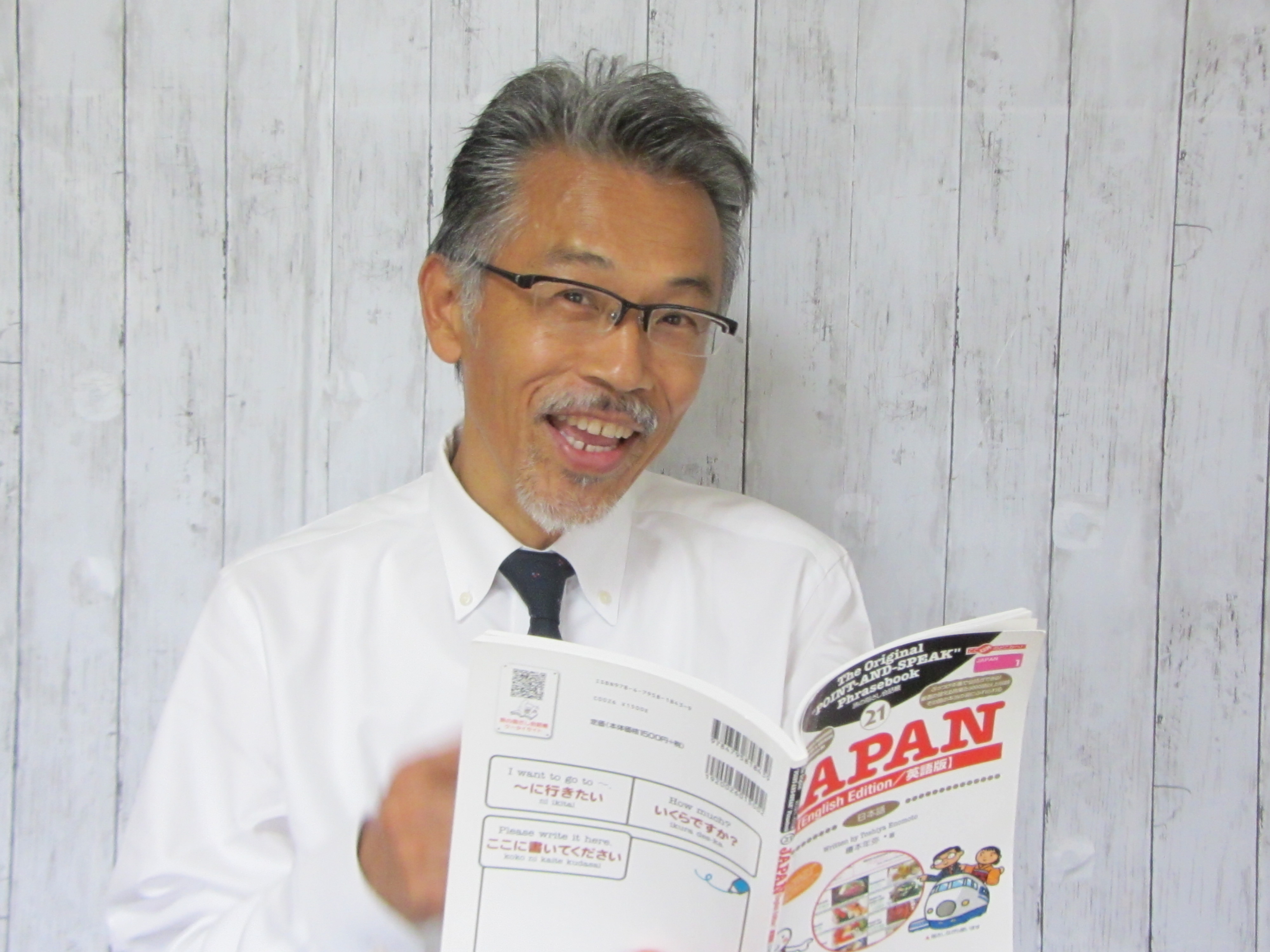Shintoism - Online Japanese Lessons for Missionaries
- Yasu Sensei

- Mar 18, 2021
- 5 min read
Japanese for Missionaries の西本です。今回も、よろしくお願いいたします。
今日は、わたしは、家の近くにあります黒目川に来ています。
御覧のように、非常にきれいな川で、鯉が泳いでいたり、またいろんな鳥が来ています。
This is Nishimoto from Japanese for Missionaries.com
Thank you for watching again.
Today I'm on the banks of the Kurome River, which is near my house.
As you can see, it is a very beautiful river, carps are swimming and various birds are here.
さて、今回も神道について少し関係したお話しをしたいと思います。
とは言っても、神道そのものについて深く勉強するということではありません。
神道が、私たちの生活の中で何らかの影響を与えているという点について少しみていきたいと思います。
By the way, I would like to talk about Shintoism again this time.
We won’t be studying Shintoism in depth.
I would like to take a look at the fact that Shintoism has some influence on our lives.
ある子供向けの本に、「私たちの日常生活に密接に関係している神様」という一節が書かれていました。
みなさんは、この言葉を聞いてどう思われますか?
「あ~、その通りだな」とクリスチャンとして思いますけれども、実はその本には、子供が理解できるように、次のような内容が書かれています。
In a children's book, there is a passage, "God, who is closely related to our daily lives."
What do you think of this passage?
As a Christian, I think, "Oh, that's right," but the book actually contains the following content so that children can understand it.
「日本にはいろいろの神様がおられて、たとえば、大学受験の神様、商売繁盛の神様、あるいは結婚相手を与えてくださる神様、または、厄払いをしてくださる神様など、それぞれの地域で、いろんな神様が祀られています。」
クリスチャンとして、この内容はちょっとおかしいなと思います。
"There are various gods in Japan, for example, the gods that help for college entrance exams, for business prosperity, and for giving marriage partners, or for warding off evil and so on. In this way, various gods are enshrined in many places."
As a Christian, I don’t think this is right.
しかしながら、日本に生まれ育った私自身も、クリスチャンになる前は、なんの抵抗もなくその本の内容を受け入れていました。
また、新年には、神社に行って、家庭が災いから守られますように、仕事が順調にいきますようにと、手を合わせて祈ったことを覚えています。
当時のわたしは、神道を信じていたわけではありません。
However, I myself, who was born and raised in Japan, accepted the contents of the book without any resistance before becoming a Christian.
I also remember going to the shrine in the New Year and praying together to protect my family from disasters and to keep my work going well.
It isn’t that I did believe in Shinto but I was influenced by Shinto.
また、神社に行きますと、厄祓いをしてくださいます。
例えば、日本では「厄年」というものがあります。
女性、男性、それぞれに、例えば33歳のときは気をつけなさいよ、61歳のときは気を付けなさいというものです。その年には、いろんな災いが起こりやすいので、その災い、つまり「厄」を払い落す祈祷をしてもらいに神社に行くわけです。
Also, if you go to a shrine, they will pray for you to get rid of bad luck.
In Japan, there is a "Yakudoshi". “Yaku” means bad luck.
For example, be careful when you are 33 years old for women, and be careful when you are 61 years old for men. In that year, various disasters are likely to occur, so people go to the shrine to pray for getting rid of bad luck .
わたしも40年以上前に、お祓いをしていただくために神社に参ったことがありました。
わたくしの母親が長年病床にいましたので、きっとこの災いは、何か見えない世界と関係しているのではないか、という意識がありましたので、あるとき、とても有名な厄払いの神社があると聞きつけて、そこへ厄払いをお願いに行きました。
More than 40 years ago, I also visited a shrine to have a prayer for getting rid of bad luck .
Since my mother had been in bed for many years, I was conscious that this disaster might have something to do with the invisible world.
One day I heard that there was a very famous shrine for warding off evil.
So I went there to ask for getting rid of bad luck .
そこで次のように言われました。
「今住んでいる自宅のある町の角に、高価なくだもの等々を置きなさい、そうすることで、厄を落とすことができます」というものです。
しかし、そのあとに母親の病状が良くなったわけではありません。
So I was told as follows.
"Put expensive fruits and other things, etc. on the corner of the town where you live now, and you can get rid of the trouble."
And I did exactly what I was instructed. However, I did not see any recovery of my mother’s condition.

ただ、ここで申し上げたいのは、私自身も何の抵抗もなく、そのようなことを宗教としてではなく、伝わってきた風習としてやっていた時があるということです。
今は、わたしも、唯一真の神様を知っていますから、その間違いについて分かりますが、多くの日本人は、ご利益、すなわち、よいことをしていただくようにその土地の神様に願い、また、災いを払い落してもらうことをお願いするために、何の抵抗もなく神社に参っています。
However, I would like to say here that I myself did such things not as a religion but as a custom that was passed down.
Now that I know only the true God, I can understand the mistake, but many Japanese visit the shrine without any resistance to wish for the benefit, and to ask for the disaster to be dispelled.
大事なことは、神道に漠然とした影響を受けている典型的な日本人である このわたくしが、唯一真の神様と出会って、クリスチャンになることができましたので、もし、神様の福音にふれさえしたら、他の日本人の方々も救われるチャンスがあるということです。
次回は、このような典型的な日本人であるわたくしが、どのようにして救われたのかをお話ししたいと思います。
それでは、今回はここまで、Japanese for Missionaries の西本でした。
The important thing is that I am a typical Japanese who is vaguely influenced by Shinto, and the person like me could meet the only true God and become a Christian.
So when the gospel of God touches the heart of Japanese people, they will have a chance to be saved like me.
Next time, I would like to talk about how I, a typical Japanese person, was saved.
That’s all for today. This is Nishimoto from Japanese for missionaries.com




Comments